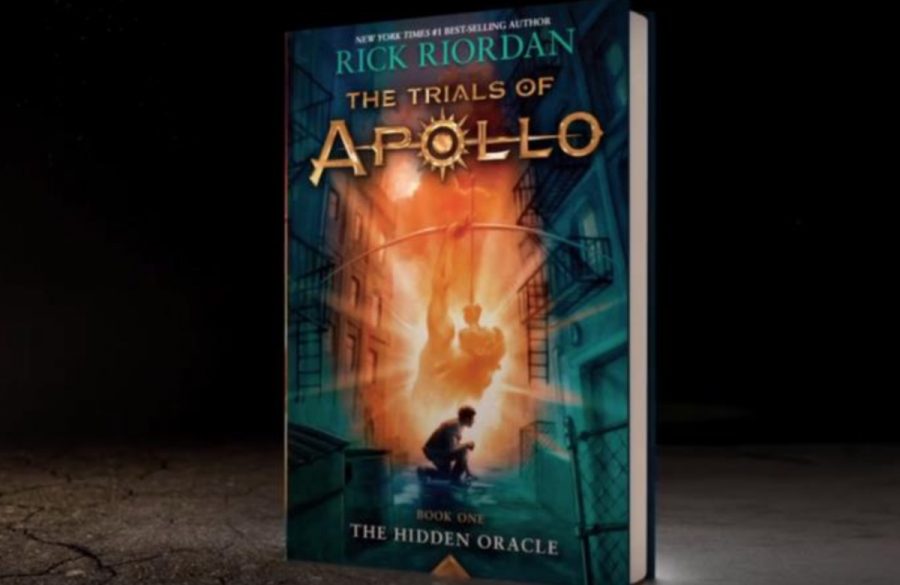To Read or Not to Read: “The Hidden Oracle” by Rick Riordan
June 30, 2016
Rick Riordan has written a lot of books.
It’s a blunt statement, but it’s the truth. I first picked up “The Lightning Thief,” the first installment in his Percy Jackson series, when I was in fifth grade, and I haven’t looked back since. Riordan’s first five books were witty, creative, and captivating, and I attribute most of my Greek mythology knowledge to his genius.
Since his first foray into mythology, Riordan has crossed paths into Egyptian and even Norse mythology. But his most recent release, “The Trials of Apollo: The Hidden Oracle,” is a return to where he began, so to speak. In this first installment, Zeus, ruler of the Olympians, has sent Apollo, god of music and prophecy, to earth and demoted him to mortal status. While this isn’t the first time Apollo has experienced his, he has no idea what to do to become a god again. As he struggles to deal with life as a human being, he meets demigod Meg McCaffrey, and the two become inexplicably tied together. Throughout the book, Apollo stumbles into the familiar Camp Half-Blood from the Percy Jackson series and tackles a series of obstacles ranging from the disappearing campers to the presence of a sinister evil preparing to come out of the shadows.
Normally, when going into a book, I’m not exactly sure what to expect. Going into “The Hidden Oracle,” however, I knew exactly what to expect. Unfortunately, Riordan’s books have fallen into more of a formulaic style for me: the prescribed dosage of monsters to fight, the occasional cameo of a character from a previous series and an extra helping of wisecracks and dry humor. Instead of feeling refreshing, reading this book felt more like sipping the same drink I’d had for a few days in a row. The writing was superb and the action scenes were gripping, but no more so than the plots I’d perused in all of his other works.
This is not to say that the book was a complete disappointment – there were multiple instances where I chuckled at a comment or smiled at the mention of a character whose name I hadn’t read in months. There was a twist midway through the book that I didn’t see coming and that I definitely appreciated. All things considered, “The Hidden Oracle” was a fairly wholesome read. It is only when comparing it to Riordan’s master list of novels that it falls flat. It’s likely I’ll still pick up the sequel, just because it’s impossible for me to let go of an author that has grown to mean so much to me and to my childhood. I’m just not sure if I’ll feel the same thrill in my fingers flipping through the pages of his new releases as I did when I devoured the Percy Jackson series at age 10.






